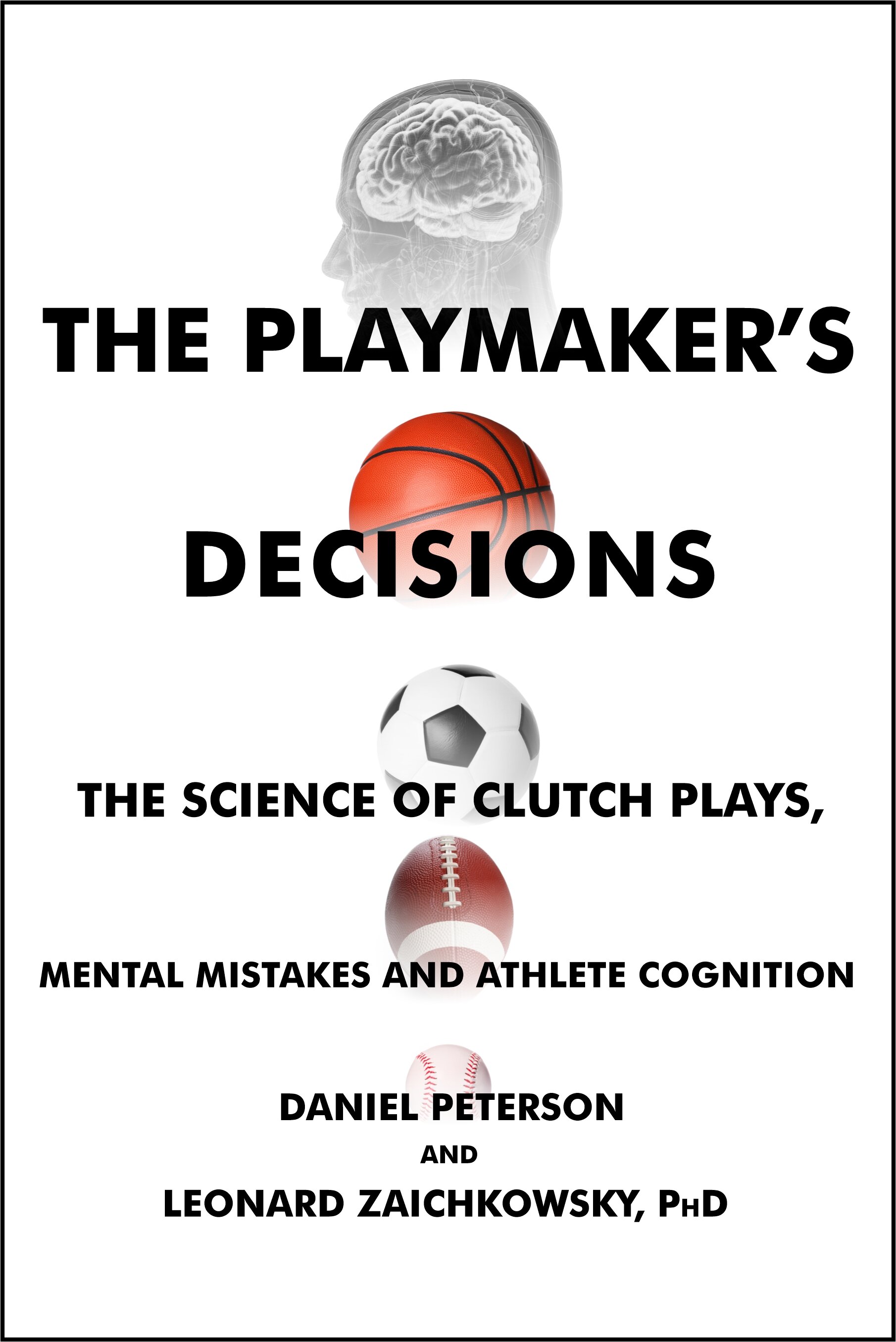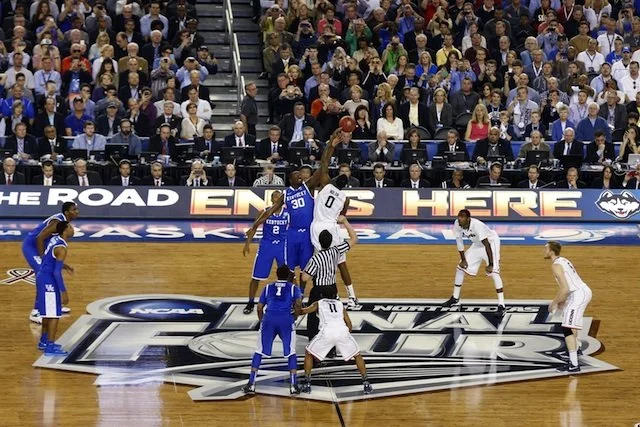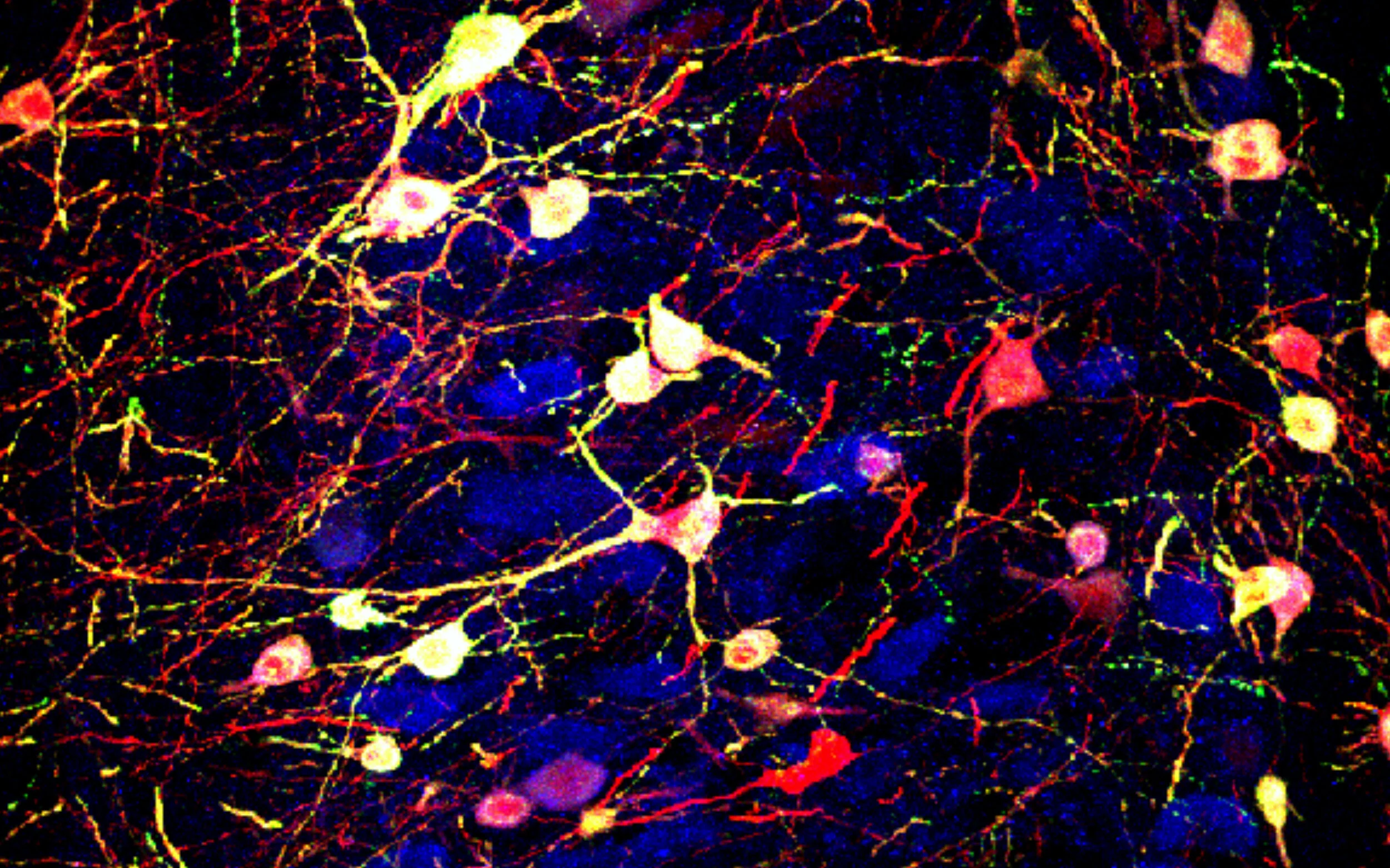Remind Your Brain That You Can Hit This Pitch
/
Baseball hitting strategy is usually taught as a logical, almost statistical thought process. Depending on the score of the game, runners on base, the number of outs and the current count, the batter can make an educated guess as to what pitch will be thrown next. This cues the visual system to expect a certain release point, speed and location of the ball.
But what about the emotions of the game? Do the possible positive and negative outcomes affect a hitter’s ability to see the right pitch? According to new research, the reward that you associate with a visual stimuli can help improve your ability to quickly identify that object.
Imagine the ultimate game situation; two outs, bottom of the ninth, bases loaded, score tied. This at-bat can make you the hero or the goat. You’ve been here before and experienced the rush of the walk-off, game winning, hit. So has your brain and it remembers. In fact, according to neurophysiologists Wim Vanduffel and John Arsenault, of KU Leuven and Harvard Medical School, knowing the rewards of finding an object, like seeing a fastball and hitting it out of the park, can help your brain’s visual system search capability.
"The more attention you pay to a stimulus, the better your visual perception is and the more effective your visual cortex is at processing that stimulus,” said Vanduffel. “Another factor is the reward value of a stimulus: when a visual signal becomes associated with a reward, it affects our processing of that visual signal. In this study, we wanted to investigate how a reward influences activity in the visual cortex."
To do that, they altered Pavlov’s famous conditioning experiment by reversing its order. "Think of Pavlov giving a dog a treat after ringing a bell,” explained Vanduffel. “The bell is the stimulus and the food is the reward. Eventually the dogs learned to associate the bell with the food and salivated at the sound of the bell alone. Essentially, Pavlov removed the reward but kept the stimulus. In this study, we removed the stimulus but kept the reward."
They started by giving a group of rhesus monkeys a juice reward every time a certain image flashed in front of them. In Pavlov’s world, after conditioning was complete, the trick would be to remove the juice and see if the monkeys would continue to react to the seeing the same image.
Instead, Vanduffel and Arsenault continued the juice reward even while showing no image at all. By doing all of this while the monkeys’ brains were being scanned by fMRI, they observed that very specific areas of the visual cortex lit up with activity. So, by knowing that a reward would come for seeing a certain object, their visual cortex got better at finding it.
Back to baseball, if a hitter learns through experience that finding the right pitch at the right time can result in huge rewards of game glory, his visual cortex will actually improve in that situation. Being emotional creatures, our brains react to the moment with a more in-tune visual system.
As to why these reward connections help us, Vanduffel has an explanation. "Dopamine is a signalling chemical (neurotransmitter) in nerve cells and plays an important role in processing rewards, motivation, and motor functions,” he concluded. “Aware of dopamine's role in reward, we re-ran our experiments after giving the monkeys a small dose of a drug that blocks dopamine signalling. We found that the activations in the visual cortex were reduced by the dopamine blocker. What's likely happening here is that a reward signal is being sent to the visual cortex via dopamine.”
All of this suggests that if you add some daydreaming to your batting practice, your attention and focus on incoming pitches will improve. Just like a kid in the backyard, imagine what could happen with two outs in the bottom of the ninth if you just pick out the right pitch. Let your brain do the rest.











